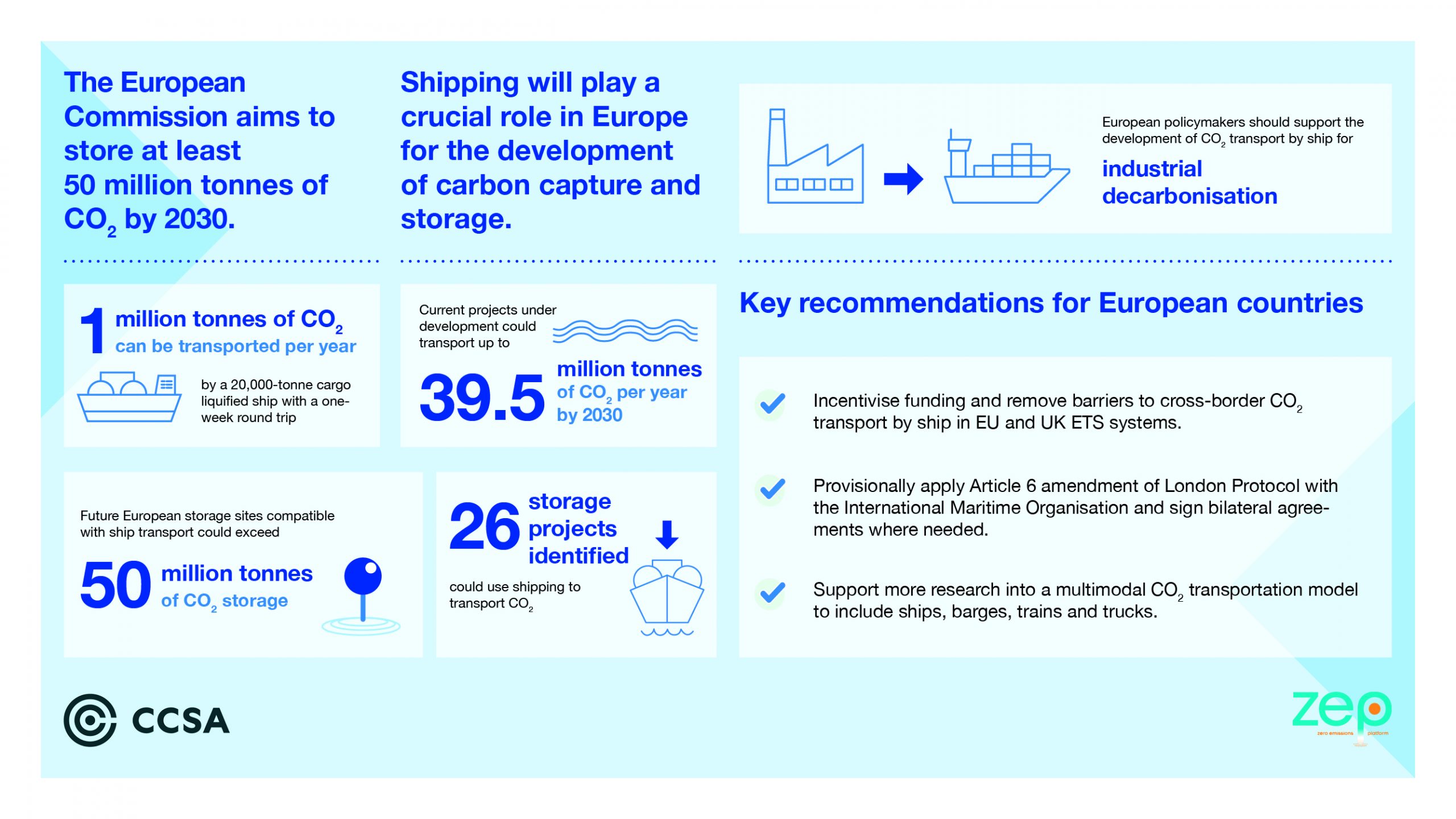[London, 14 February 2024] – The critical steps the UK Government needs to take to secure a thriving carbon capture industry and thousands of high skilled jobs have been set out today by the Carbon Capture & Storage Association (CCSA) as it published its 2024 Spring Budget submission.
The submission sets out proposals and recommendations for how Carbon Capture, Utilisation, and Storage (CCUS) can be harnessed to decarbonise key UK industries, protecting existing jobs in industrial regions and creating new ones.
Projections suggest that UK CCUS has the opportunity to attract private sector investment of up to £30 billion by 2030, as a result of its healthy development pipeline and mature legislative framework. This aligns with government targets of capturing 20-30 million tonnes of CO2 by 2030, doubling to 50 million tonnes by 2035.
Investment in CCUS is expected to generate 70,000 new skilled jobs and protect 77,000 existing jobs, particularly in industries like cement and chemicals where carbon dioxide is released during production processes, regardless of the heat source used. Furthermore, CCUS deployment will position the UK to attract significant private investment, drive job creation, and ensure supply chain and energy security.
But the submission warns timely delivery of government commitments and clarity on future funding are essential to build investor confidence, unlock this level of investment and secure the full supply chain benefits of UK CCUS. It asks the Chancellor to establish annual revenue support matched to government targets, estimated at £2-3 billion annually from 2028 onwards (including the £1 billion a year already committed in Spring Budget 2022), to underwrite deployment levels until CCUS becomes self-sufficient in the 2030s.
CCSA analysis suggests government support will fall away sharply by the mid-2030s as volumes of carbon captured surge towards 50-60 million tonnes a year. The level of the proposed revenue support is significantly less than that provided to cultivate a wind industry in the 2011 Levy Control Framework. Failure to act swiftly risks hindering industry growth and additional costs for achieving the UK’s targets.
The CCSA urges the government to allocate swiftly the current £1bn a year already assigned to its CCUS Programme – funds that were announced almost a year ago but where Final Investment Decisions have still not yet been taken. These pending decisions on eight projects represent around one third of the UK’s 2030 target for CO2 storage. With lead-in times of 6-7 years for CO2 storage sites and 3-4 years for capture projects, time is running out to meet 2030 targets and therefore it is important that the Chancellor takes this opportunity to provide confidence to project developers to continue with their UK projects in a rapidly accelerating global market competing for private capital.
Ruth Herbert, Chief Executive said:
“The proposals and recommendations set out in the CCSA’s Spring Budget Submission reflect a significant opportunity for the UK, not only to meet decarbonisation targets but to retain our supply chain industries and attract new businesses to the UK to take advantage of this infrastructure. As deployment begins to ramp up around the world, UK can play a leading role in the rapidly growing global CCUS market. Significant progress has been made by the government in 2023, however increased pace and forward visibility are paramount for investor and supply chain confidence. We look forward to continued collaboration as we stand on the cusp of developing a thriving and resilient CCUS sector here in the UK.”
Read the CCSA Spring Budget Submission 2024 here.
Notes to Editors
CCUS, or Carbon Capture, Utilisation and Storage, is a key low carbon solution – vital to meeting the UK’s statutory Net Zero target at least cost. CCUS enables the production of clean power, clean products (such as steel and cement) and clean hydrogen – which can then be used to decarbonise heating and transport. In addition, CCUS also enables greenhouse gas removal from the atmosphere through Direct Air Capture with Storage (DACS) or Bioenergy with CCS (BECCS).
The CCSA is the trade association accelerating the commercial deployment of CCUS, with offices in the UK and Belgium. We work with members, governments and other organisations to ensure CCUS is developed and deployed at the pace and scale necessary to meet net zero goals and deliver sustainable growth across regions and nations.
The CCSA currently has over 100 member companies who are active in exploring and developing different applications of carbon capture and removals, CO2 transportation by pipeline and ship, utilisation, geological storage, and other permanent storage solutions, end-users such as power, industry, waste, fuels, and hydrogen production sectors, plus supply chain, engineering, construction and management, legal and financial consulting sectors.
Further background and guidance on the UK Government’s Cluster Sequencing Programme can be found here: https://assets.publishing.service.gov.uk/government/uploads/system/uploads/attachment_data/file/1043088/ccus-cluster-sequencing-phase-2-guidance.pdf
For media enquiries please contact Joe Butler-Trewin on 07908 141 067/ joe.butler-trewin@ccsassocaition.org.
[End]

